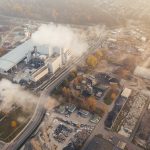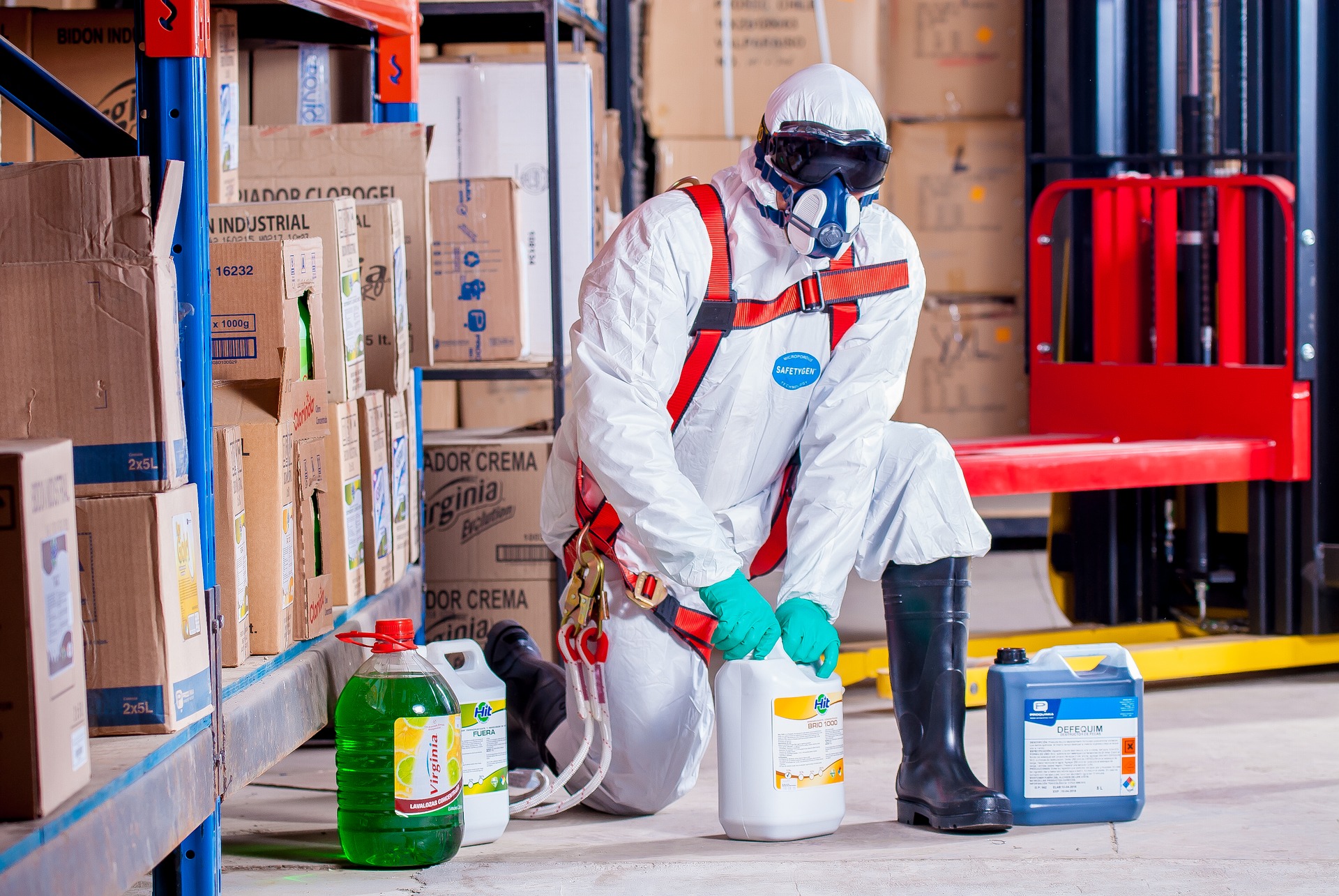Heating,Ventilation,and Air Conditioning (HVAC) systems play a pivotal role in the overall energy efficiency of buildings. As major consumers of energy in both residential and commercial settings,efficient HVAC systems are critical in reducing energy costs and environmental impact. This article explores the significance of HVAC systems in building energy efficiency and how they can be optimized for better performance.
The Impact of HVAC on Building Energy Use
HVAC systems are responsible for a significant portion of a building’s total energy consumption. In many cases,they account for more than half of a building’s energy use,making them key targets for energy efficiency improvements. Efficient HVAC operation not only reduces energy usage but also enhances indoor comfort and air quality.
Key Components of Energy-Efficient HVAC Systems
- High-Efficiency Units: Modern HVAC systems with higher SEER (Seasonal Energy Efficiency Ratio) and AFUE (Annual Fuel Utilization Efficiency) ratings consume less energy.
- Programmable Thermostats: These allow for better temperature control and scheduling,reducing energy waste when buildings are unoccupied.
- Proper Insulation and Sealing: Ensuring that buildings are well-insulated and sealed minimizes heat loss or gain,reducing the workload on HVAC systems.
The Role of Smart HVAC Technologies
Smart HVAC technologies,such as IoT-enabled thermostats and AI-driven climate control systems,play a significant role in enhancing energy efficiency. They can adapt to user behavior,weather conditions,and optimize energy use in real-time,leading to substantial energy savings.
Maintenance and Regular Upkeep
Regular maintenance of HVAC systems is crucial for their efficiency. This includes cleaning or replacing filters,servicing components,and ensuring that the system is functioning optimally. Neglecting maintenance can lead to increased energy consumption and higher operating costs.
The Impact of HVAC Design and Installation
The design and installation of an HVAC system significantly influence its efficiency. Systems should be appropriately sized and installed by professionals to ensure optimal performance. Over-sized or poorly installed systems can lead to increased energy consumption and uneven temperature distribution.
Renewable Energy Integration
Integrating renewable energy sources,like solar panels,with HVAC systems can significantly reduce a building’s reliance on traditional energy sources. This integration not only promotes sustainability but also offers long-term financial benefits through reduced energy bills.
The Role of Building Automation Systems (BAS)
Building Automation Systems (BAS) can control and monitor HVAC systems,ensuring they operate efficiently. BAS can adjust settings based on occupancy,time of day,and other factors,leading to more precise control and energy savings.
HVAC Systems and Indoor Air Quality
Energy-efficient HVAC systems contribute to better indoor air quality by maintaining proper ventilation and reducing pollutants. This aspect is crucial for occupant health and productivity,especially in commercial and educational buildings.
Conclusion
HVAC systems are integral to the energy efficiency of buildings. By focusing on high-efficiency units,smart technologies,proper maintenance,and sustainable practices,the energy consumption of HVAC systems can be significantly reduced. As we move towards a more energy-conscious world,the role of HVAC systems in building energy efficiency becomes increasingly important,offering both environmental and economic benefits.





